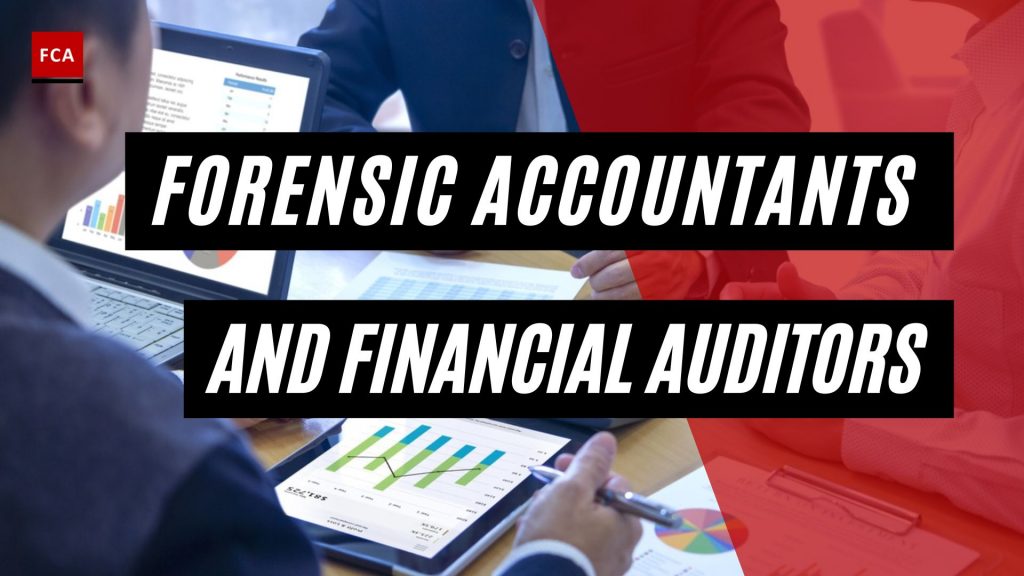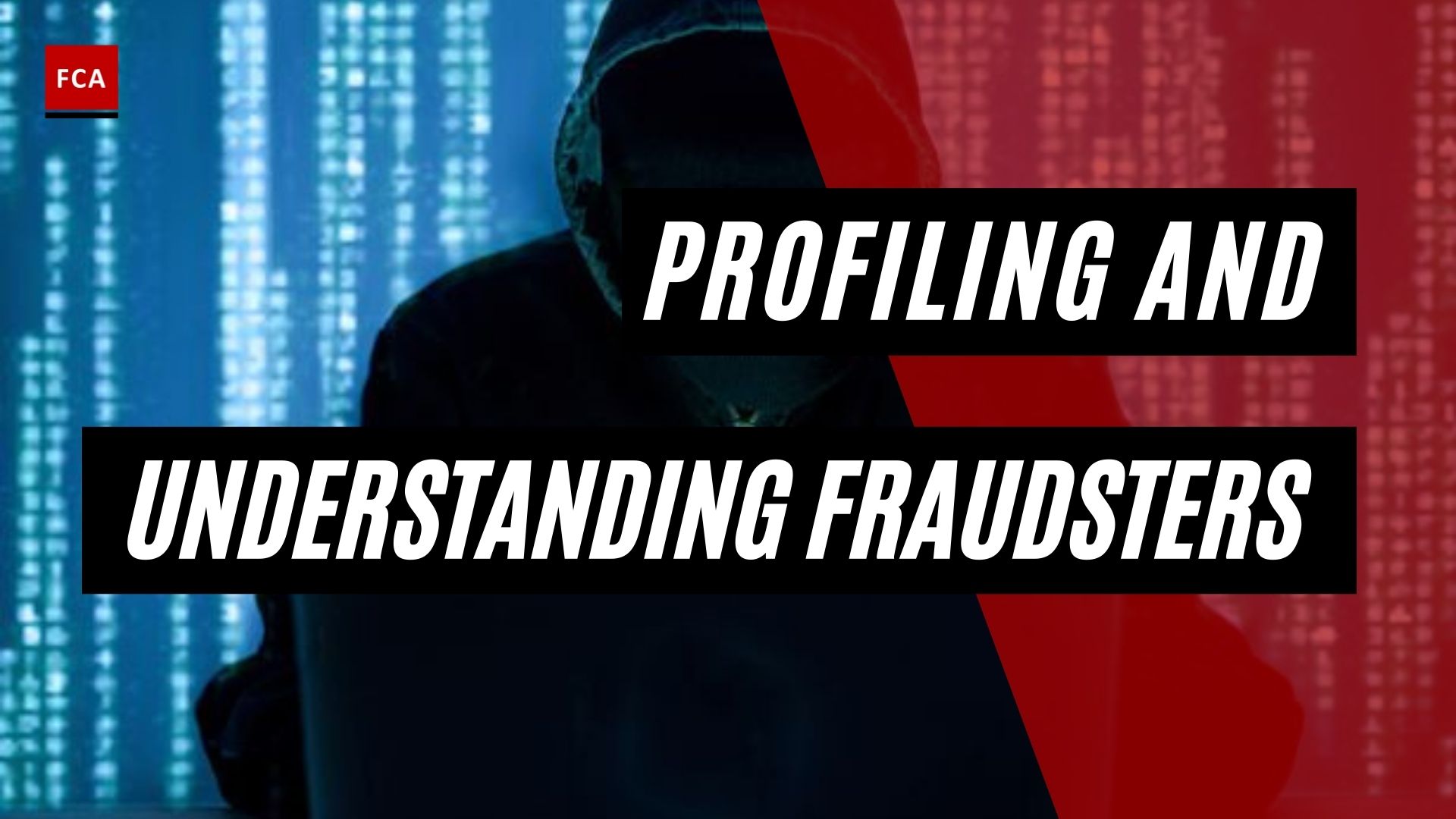The differences between forensic accountants, fraud auditors, and financial auditors are important to know. Financial auditing typically refers to the process of evaluating compliance of financial information with regulatory standards, usually for public companies, by an external, independent entity. While there are some differences between fraud auditing and forensic accounting, the terms fraud auditing, forensic accounting, fraud examination, fraud investigation, and investigative accounting are mostly used interchangeably.

Differences Between Forensic Accountants, Fraud Auditors And Financial Auditors
Fraud auditing usually uses a specialized approach and methodology to identify and detect fraud; that is, the auditor actively looks for evidence of fraud to prove or disprove that fraud exists.
A fraud investigation usually encompasses the same thing as a fraud audit, except that an investigation typically involves a lot more non-financial evidence, such as testimony from interviews, than a fraud audit. So, fraud investigation also includes fraud audits and gathering non-financial forensic evidence.
Forensic accountants are often called in after evidence or suspicion of fraud has come to light, either through an allegation, complaint, or discovery.
Financial Auditors
The term financial auditor broadly applies to any auditor of financial information or the financial reporting process. The largest classification of financial auditors is those who work for public accounting firms and perform audits of financial statements for public companies.
Financial auditors have expertise in their knowledge of accounting and financial reporting, auditing, and how those standards apply to business transactions.
The most important financial auditing qualities include independence, objectivity, and professional skepticism.
Financial auditors are usually numbers-oriented, and audit trails dictate their processes. The financial audit procedures are designed to detect material misstatements. Therefore financial auditors focus on misstatements that are large enough to be noted. Fraud auditors and forensic accountants are not confined by materiality.
Fraud Auditors
Fraud auditors are generally accountants or auditors who are experts at detecting and documenting fraud.
Fraud auditors require a similar skillset as financial auditors require. In addition, they also need the knowledge of gathering evidence and documenting fraud losses, interviewing witnesses, and testifying as an expert witness.
Fraud auditors should know about fraud from legal and audit perspectives, environmental, perpetrator’s, and cultural perspectives. They must have experience in general auditing and fraud auditing and should also have industry-specific expertise.
Fraud auditing is creating an environment that encourages the detection and prevention of fraud in commercial transactions. In the broadest sense, it is an awareness of many components of fraud, such as the human element, organizational behavior, knowledge of fraud, evidence and standards of proof, an understanding of the potential for fraud, and an appreciation of the red flags.
Accounting frauds usually involve modification, alteration, destruction, or counterfeiting of accounting evidence.
The objective of the fraud auditor is to determine whether a discrepancy in accounting records is due to fraud or human error. There may be no actual fraud if it is due to human error. If the discrepancy cannot be attributed to accidental or human error, further investigation should follow at an appropriate level.
Forensic Accountants
Forensic accountants usually get involved after the fraud auditors have been through a crime scene and help translate complex financial transactions and numerical data so that non-technical people can understand.
Areas of expertise of forensic accountants are not only in accounting and auditing but also in criminal investigation, interviewing, report writing, and testifying as expert witnesses. They must excel in communication and be professional.
Forensic accountants are experienced in handling complaints in criminal matters, statements of a claim arising in civil litigation, and inquiries arising in corporate investigations. The investigative findings of forensic accountants affect the outcome of the investigation or case.
Forensic accountants utilize various resources to obtain relevant financial evidence and interpret and present the evidence in a simplified manner. Due to their nature of work, traits of objectivity and independence are extremely important for forensic accountants.
Final Thoughts
Financial auditors are individuals who conduct financial audits. Fraud auditors are subsets of forensic accountants who have skills, abilities, and knowledge related to the fraud cycle (experts at detecting and documenting frauds in books of records of accounting and financial transactions and events).








